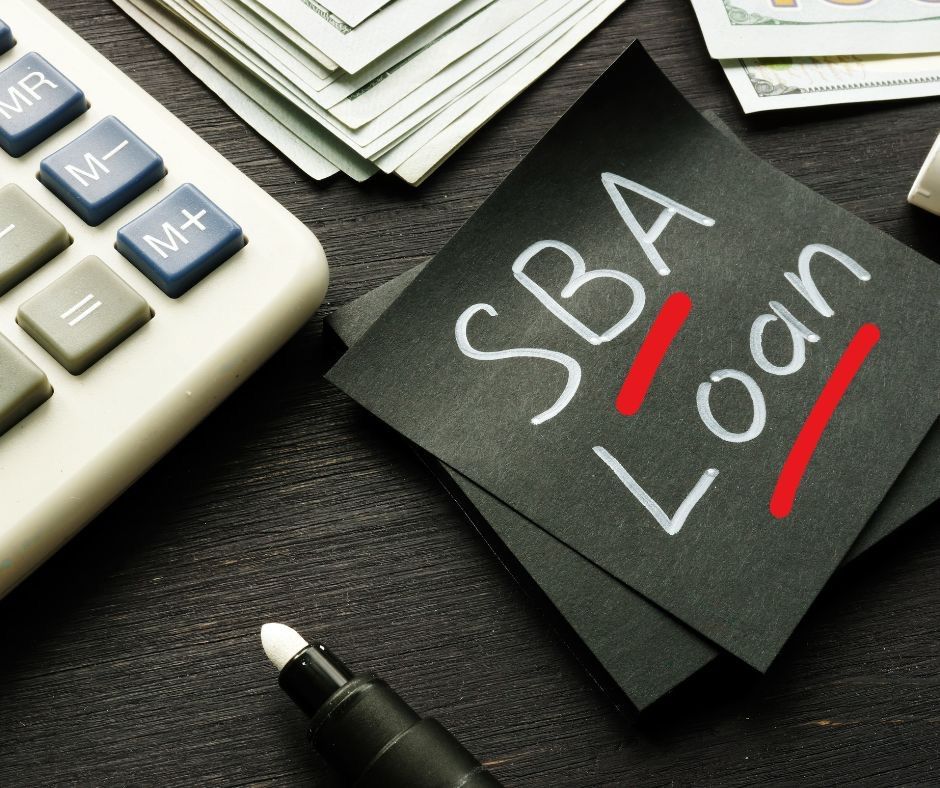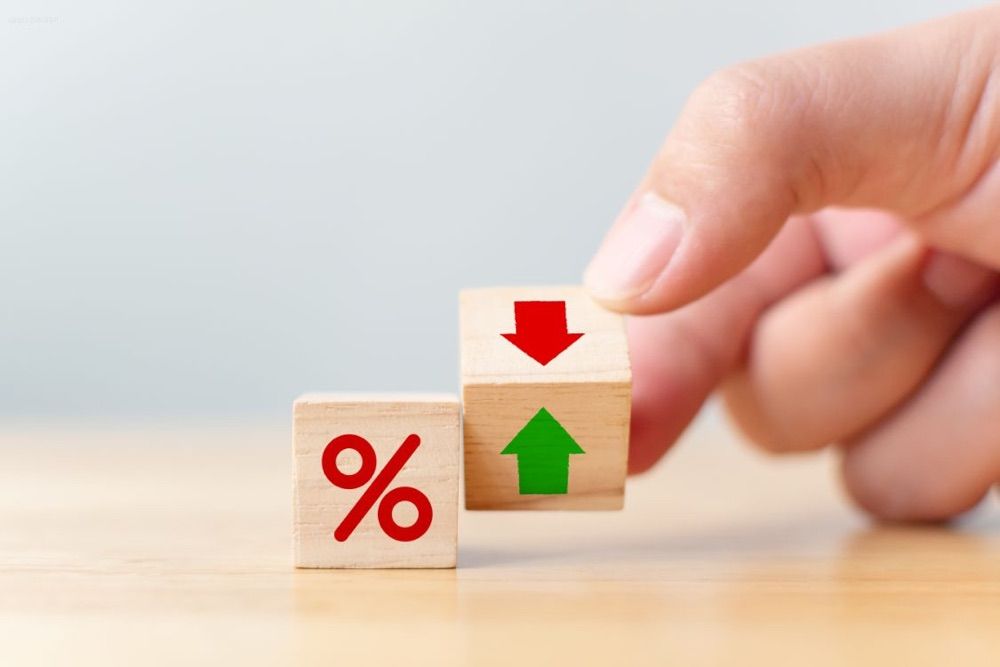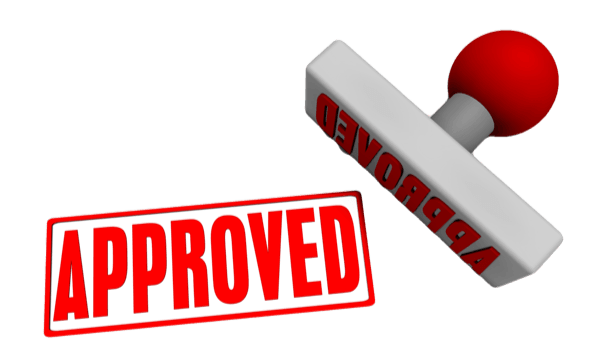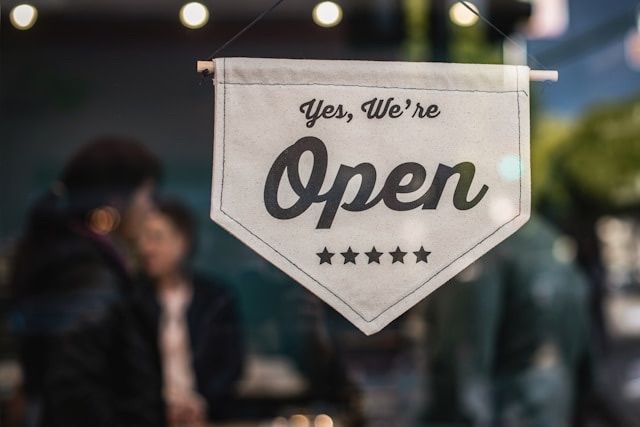Understanding the Minimum Credit Score for SBA Loan Approval

When it comes to securing financing for your small business, the Small Business Administration (SBA) loans are often considered a golden ticket due to their favorable terms and lower interest rates. However, one of the critical factors that can make or break your application is your credit score. Let's dive into what you need to know about the minimum credit score for SBA loan approval.
The Role of Credit Scores in SBA Loans
Credit scores play a significant role in the lending process. They are a reflection of your creditworthiness and financial responsibility. Lenders use credit scores to assess the risk of lending money to a borrower. For SBA loans, both your personal and business credit scores are taken into account.
Personal Credit Score
The personal credit score is a key indicator for SBA loan approval. Most SBA-approved lenders look for a personal credit score of at least 620-640. However, a higher score, ideally above 680, significantly increases your chances of approval and can also help you secure better terms.
Business Credit Score
If your business has been operational for a while, lenders will also look at your business credit score. This score ranges from 0 to 100, with 75 and above being considered excellent. The business credit score evaluates your company’s payment history, outstanding debts, and overall financial health.
Why Credit Scores Matter
- Risk Assessment: Lenders want to minimize their risk. Higher credit scores suggest lower risk, indicating that you are more likely to repay the loan on time.
- Loan Terms: Better credit scores can lead to more favorable loan terms, including lower interest rates and longer repayment periods.
- Approval Chances: While SBA loans are more accessible than traditional loans, a good credit score is still crucial for approval.
Other Factors Considered by Lenders
While your credit score is a critical component, it’s not the only factor lenders consider. Here are other essential elements:
- Business Plan: A solid business plan that outlines your company’s goals, market analysis, and financial projections can strengthen your application.
- Collateral: Offering collateral can offset a lower credit score by providing the lender with a form of security.
- Cash Flow: Demonstrating a steady cash flow assures lenders that you can manage monthly repayments.
- Experience: Your experience and track record in the industry can also influence the lender’s decision.
Steps to Improve Your Credit Score
If your credit score isn’t where it needs to be, don’t worry. Here are steps you can take to improve it:
- Pay Bills on Time: Timely payments on credit cards and loans positively impact your credit score.
- Reduce Debt: Lowering your debt-to-income ratio can boost your credit score.
- Monitor Credit Reports: Regularly check your credit reports for errors and dispute any inaccuracies.
- Maintain Low Credit Utilization: Keeping your credit card balances low relative to your credit limits can improve your score.
Wrap up
Understanding the minimum credit score required for SBA loan approval is crucial for any small business owner looking to secure financing. While a score of 620-640 is typically the minimum, aiming for 680 or higher can significantly enhance your chances of approval and better loan terms. Remember, your credit score is just one piece of the puzzle. A strong business plan, steady cash flow, and relevant experience can also play pivotal roles in your success.
Ready to take the next step?
If you’re ready to take the next step in securing an SBA loan or need advice on improving your credit score, contact us today. Our team of experienced loan brokers is here to guide you through the process and help you find the best financing solutions tailored to your specific business needs. Contact us today to learn more!









